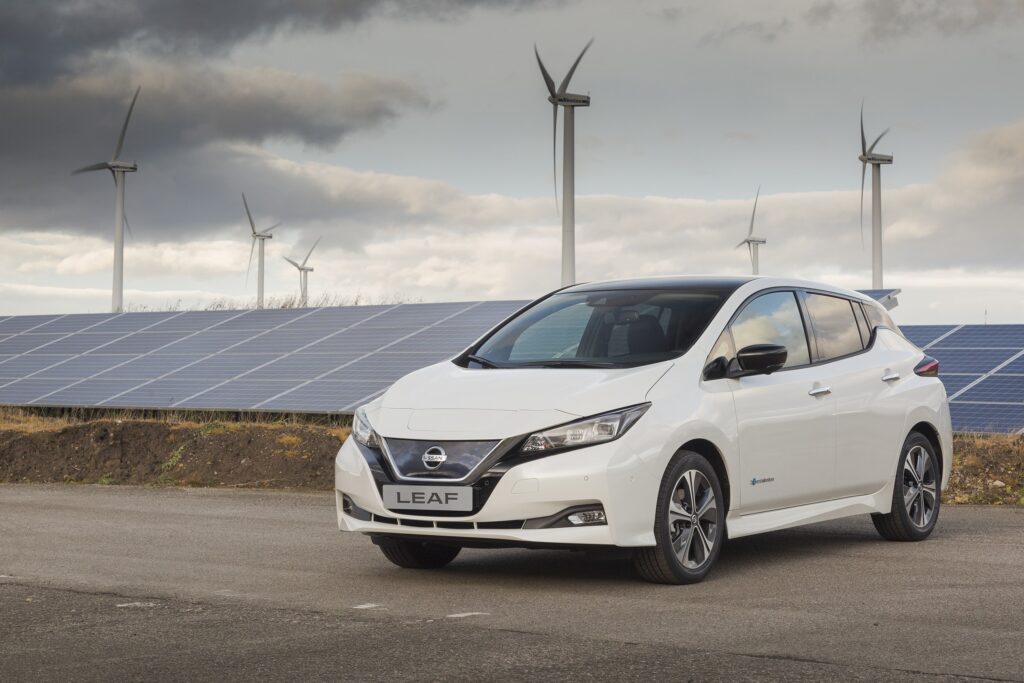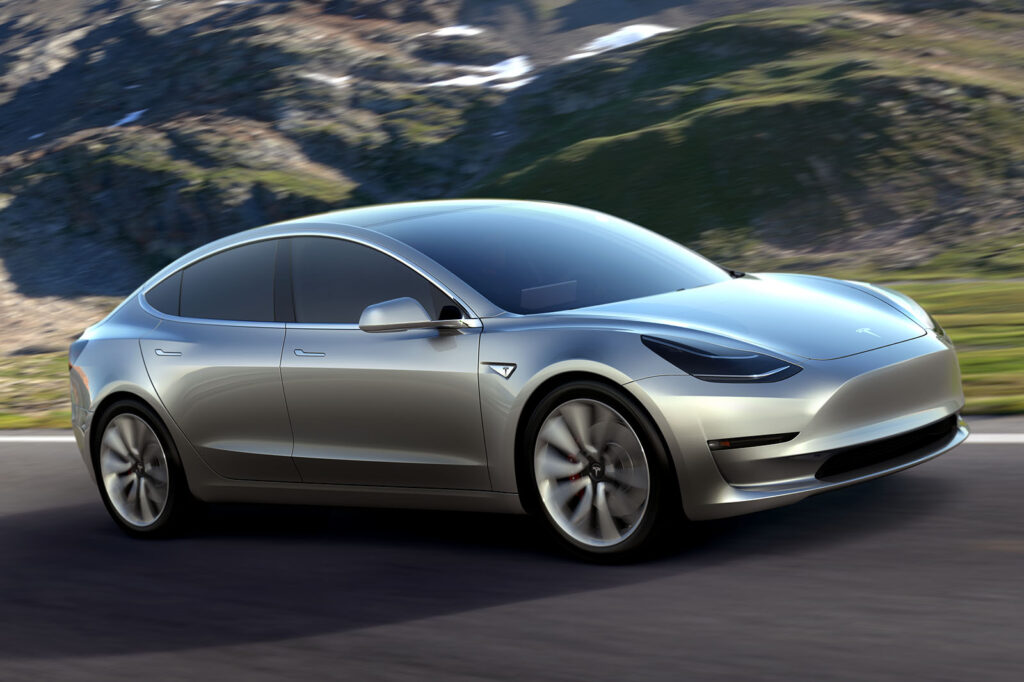Heatwaves have big effect on EV battery range
- PostedPublished 9 October 2023
Recent findings from a study by US-based battery and range analytics company Recurrent have shed light on the impact of extreme heat waves on the range of electric vehicles.

While it has long been recognised that EVs face challenges in extremely cold weather, these new findings establish that high temperatures also pose a significant impact on EV range.
To calculate average temperatures impacting electric vehicles, Recurrent analysed data from 17,000 vehicles. This dataset includes 65 EVs and plug-in hybrid models, such as Tesla’s line-up, the Chevy Bolt, Hyundai Kona Electric, Nissan Leaf, and Ford’s F-150 Lightning and Mustang Mach-E.
Based on this data, the study reveals that EVs can experience a substantial reduction in range under extreme heat conditions.
Temperatures exceeding 37.8°C resulted in a significant 31 per cent decrease in range compared to a five per cent reduction at 32.2°C 2.8 per cent at 26.7°C.

Despite the extensive analysis conducted, there was no mention within the findings about which EV models lost the most range in heatwave conditions.
Regardless, the degradation of lithium-ion batteries in extreme heat is prompting more extensive research into developing resilient battery technologies, enhancing cooling systems, and developing smart charging strategies.
According to University of Michigan Battery Lab technical director Greg Less, the decrease in range experienced in extreme heat can be attributed to battery chemistry, particularly when temperatures rise above 40°C.
This leads to the breakdown of the passive emission layer on the battery’s anode, resulting in consumption of the liquid electrolyte and ultimately shortening the battery’s lifespan.

Additionally, the range decline can be indirectly attributed to the increased electricity consumption required to operate various cooling systems for the battery, inverter and drivetrain, as well as climate control in the cabin.
Interestingly, the study did highlight that all four of its Tesla test vehicles exhibited the least range degradation in hot weather due to their use of heat pumps, which are more efficient at regulating temperature and can both heat and cool the cabin.
They also feature “cabin overheat protection” to prevent the interior of the cars from getting too hot. In contrast, standard automotive air-conditioning systems in other EVs may be less effective at cooling and can significantly reduce range.
Moreover, education regarding the importance of maintaining range in heatwaves is crucial.

In order to maximise the lifespan of EV batteries, owners are advised to take certain measures such as parking their vehicles in shaded areas or using sun shades to minimise heat absorption. Additionally, pre-cooling the EV while it’s plugged in is recommended, as the initial cool-down requires more energy compared to maintaining a steady temperature.
Recurrent is actively collecting more detailed EV range data, specifically above 37.8ºC.
However, the task of collecting this information presents significant challenges, as the majority of driving occurs in the morning and evening, when temperatures tend to be lower.
As more data is accumulated, Recurrent intends to provide updated findings, offering valuable insights into the effects of extreme heat on the range of electric vehicles.
- CategoriesIn SightGlass
- Tagsbattery, electric vehicles, EV, SightGlass News Issue 30, thermal management

